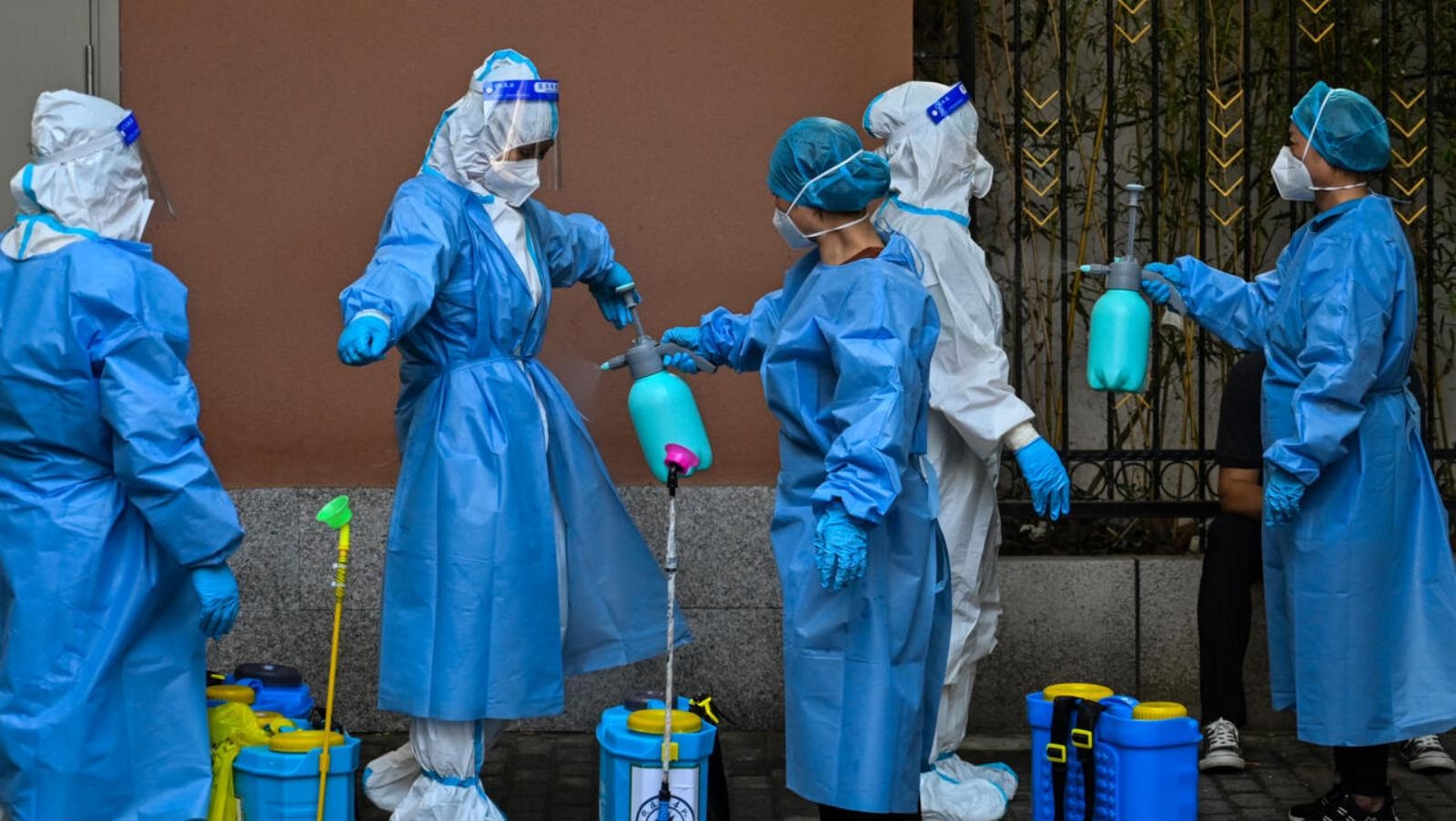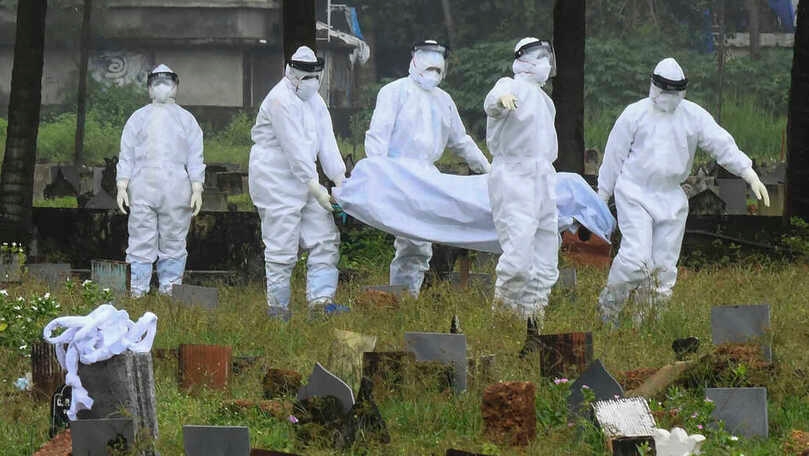invalid
invalid
Forgot password?


An email was sent to your inbox
Enter your email
invalid
An email with a reset link was sent to your mailbox.
invalid
invalid
invalid

WHO says member states reach agreement to tackle future pandemics
Members of the World Health Organization reached an agreement to prepare the world for future pandemics after more than three years of negotiations, the organisation said early on Wednesday.The legally binding pact is intended to shore up the world's defences against new pathogens after the COVID-19 pandemic killed millions of people in 2020-22.The proposal outlines measures to prevent future pandemics and strengthen global collaboration. This includes establishing a pathogen access and benefit sharing system and building geographically diverse research capacities among others.The agreement also proposes a global supply chain and logistics network while emphasising stronger health system resilience and preparedness."After more than three years of intensive negotiations, WHO member states took a major step forward in efforts to make the world safer from pandemics," the health body said in a statement.The agreement is widely seen as a victory for the global health agency, at a time when multilateral organisations like the WHO have been battered by sharp cuts in U.S. foreign funding.The United States, which was slow to join the early talks, left the discussions this year after new President Donald Trump issued an executive order in February withdrawing the U.S. from the WHO and the talks.The proposal will be considered at the World Health Assembly policy meeting in May, the WHO said."This is a historic moment and a show, that with or without the U.S., countries are committed to working together and to the power of multilateralism," Nina Schwalbe the founder of global health think tank Spark Street Advisors, told Reuters.
4/16/2025 11:12:00 AM
1/2/2025 6:26:59 PM

7/21/2024 1:47:00 PM

7/15/2024 9:28:32 AM

6/23/2024 11:50:34 AM

{{article.publishDate}}
More
4/16/2025 11:12:00 AM

1/2/2025 6:26:59 PM

7/21/2024 1:47:00 PM

7/15/2024 9:28:32 AM

{{ article.publishDate }}
More